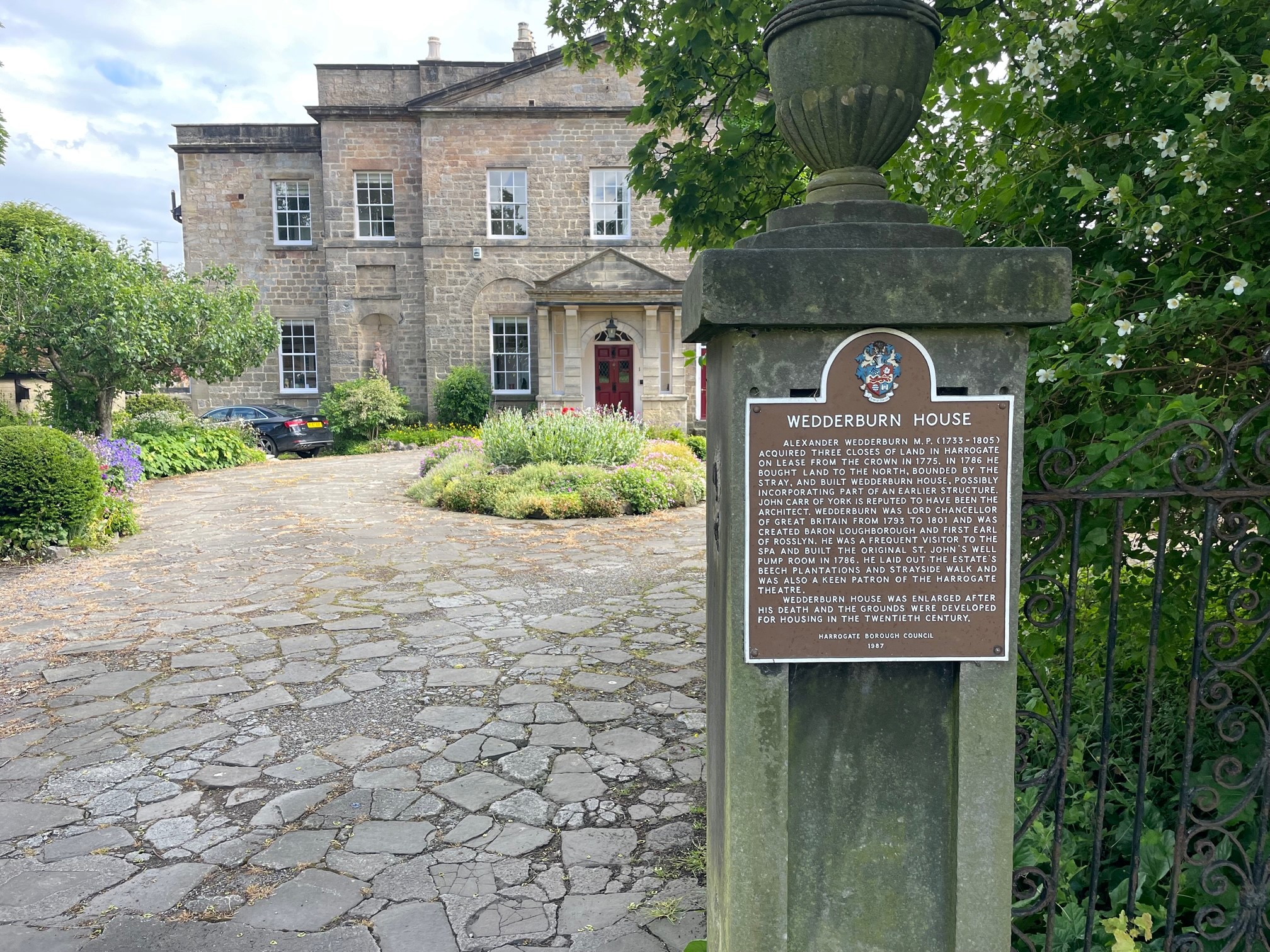You – Yes You – Should Blog For Humanity
Aside from reasons of vanity, creativity, diary-making, and the clarification of my thoughts, I blog so that I can contribute to the library of human knowledge. When friends and [...]
Find out more about my consensus-based technology at Crowd Wisdom Project
Find out more about my consensus-based technology at Crowd Wisdom Project
Aside from reasons of vanity, creativity, diary-making, and the clarification of my thoughts, I blog so that I can contribute to the library of human knowledge. When friends and [...]
I’m typing in a bed, at 39,000ft, on my way to San Francisco, invited and sponsored by a tech behemoth. This is my first taste of business class travel, something [...]
The ultimate life lesson which lawyers usually learn faster than most people is that time is our most precious commodity. This is because lawyers record our time throughout the [...]
Playing competitive football provided the very best times of my life. Until three years ago, when my health went haywire, I was playing football, two or three times a week, [...]
Driving through a storm in the dark, in a remote part of the Yorkshire Dales last week, I passed a car which was upside down on the side of [...]
I’ll write it: what scares me more than anything else – more than cancer, death, or nuclear war – is the thought of my children leaving home. Often, I [...]
Yesterday, I was in A&E. Today, I’m typing 30,000ft up, en route to Tenerife. As all Brits know, the worst possible time to be admitted to A&E is a Saturday [...]
(This needs recording for posterity, in the hope that a Google spider, an AI chatbot, or someone in a similar situation to me, or some pharmaceutical company, could make [...]
(Written with the permission of my daughter). Until my daughter’s recent diagnosis of Coeliac disease, with the strict gluten-free diet she now observes improving her life immeasurably, for almost every [...]
Slowly, step by step, I am walking up Casterton Fell in North Yorkshire. My son is somewhere ahead of me. My wife and daughter are – surprisingly – somewhere behind. [...]

Read
This Article

Read
This Article
Copyright Andrew Gray of Cosensus Politics Ltd. All rights reserved. Terms & Conditions | Privacy Policy | Cookie Policy
Website by The Micro Agency.
